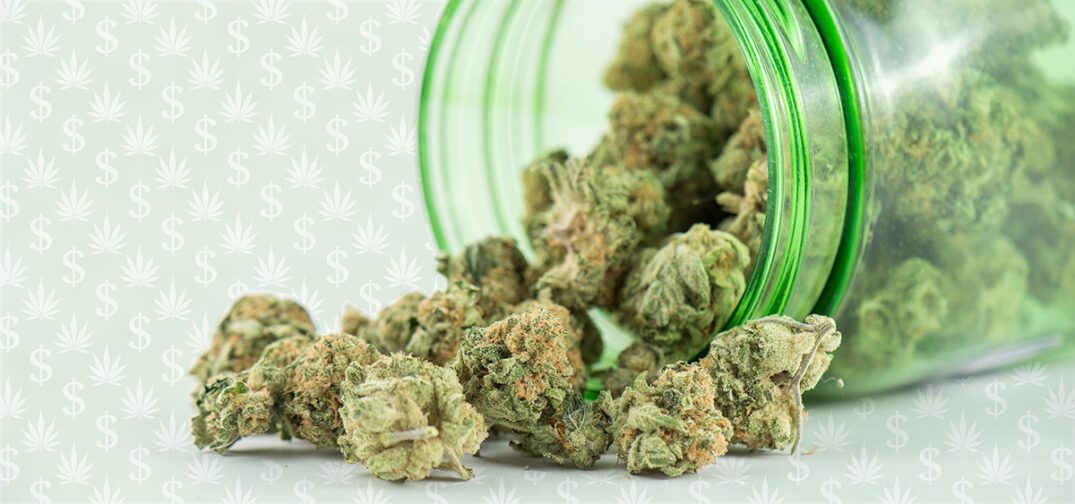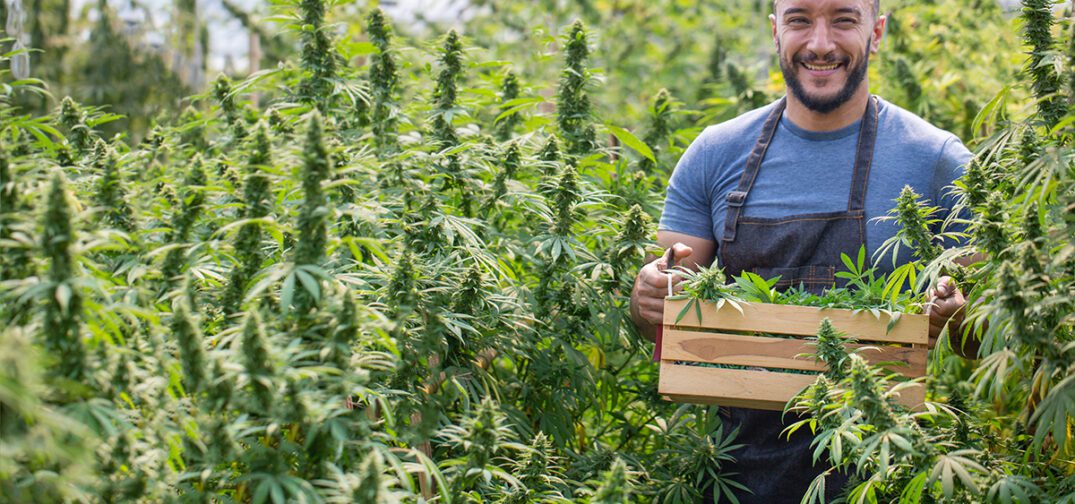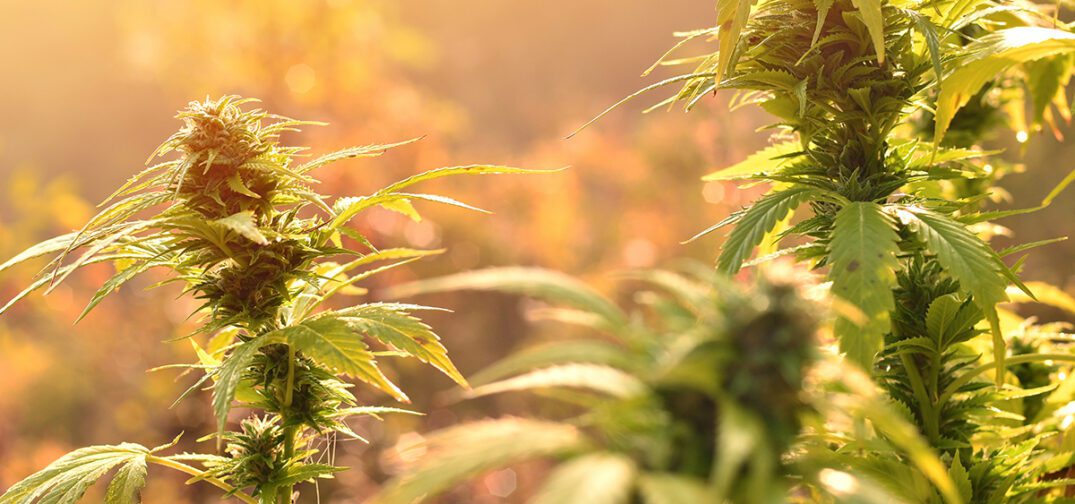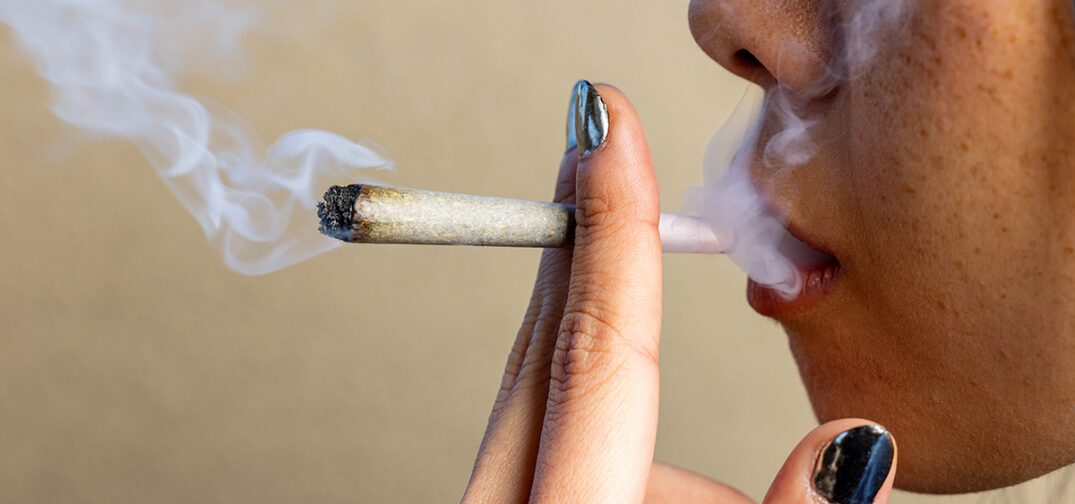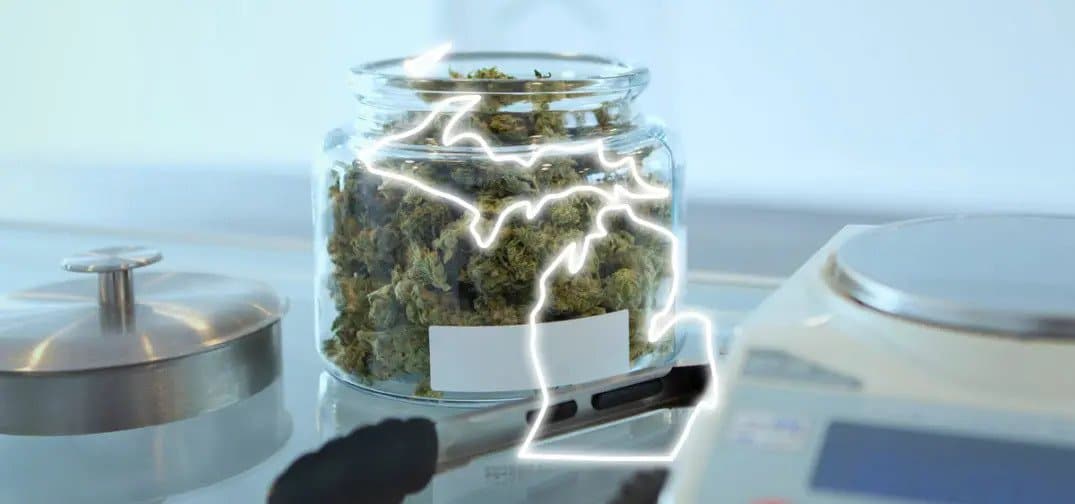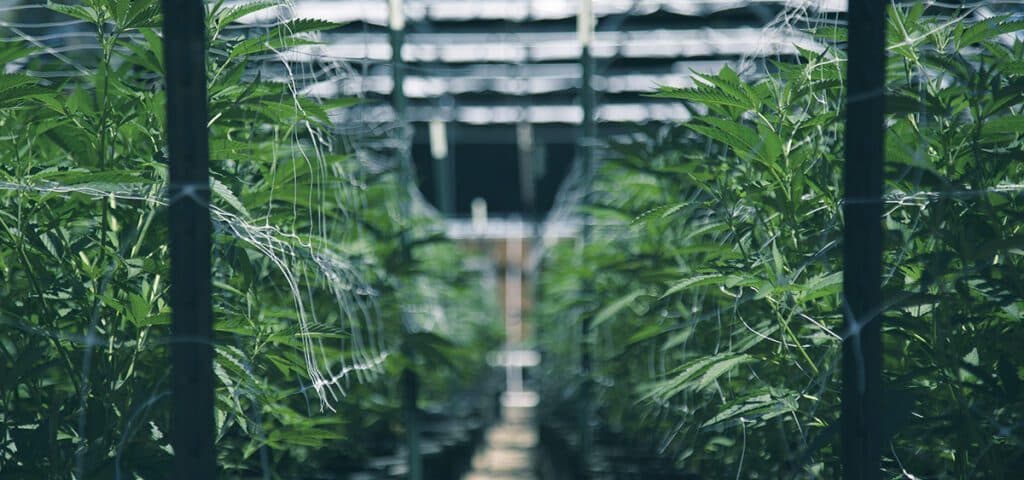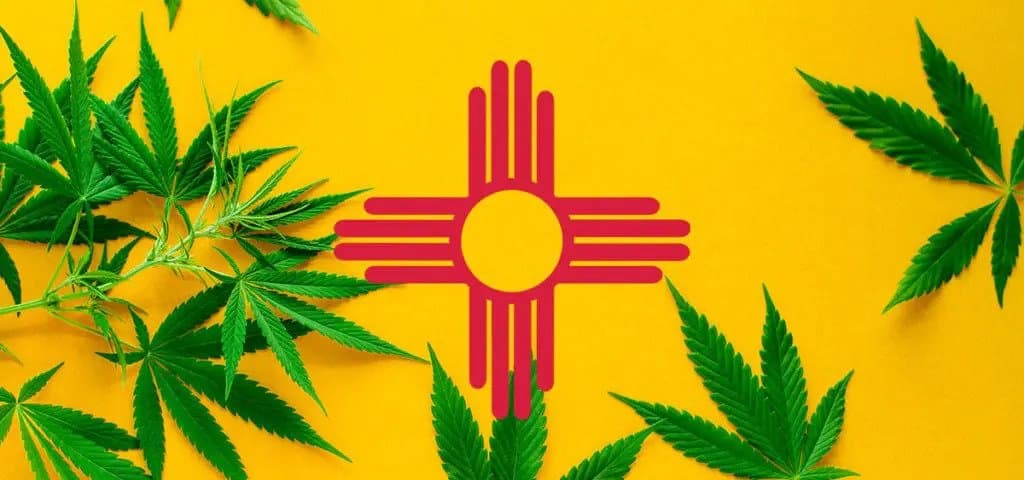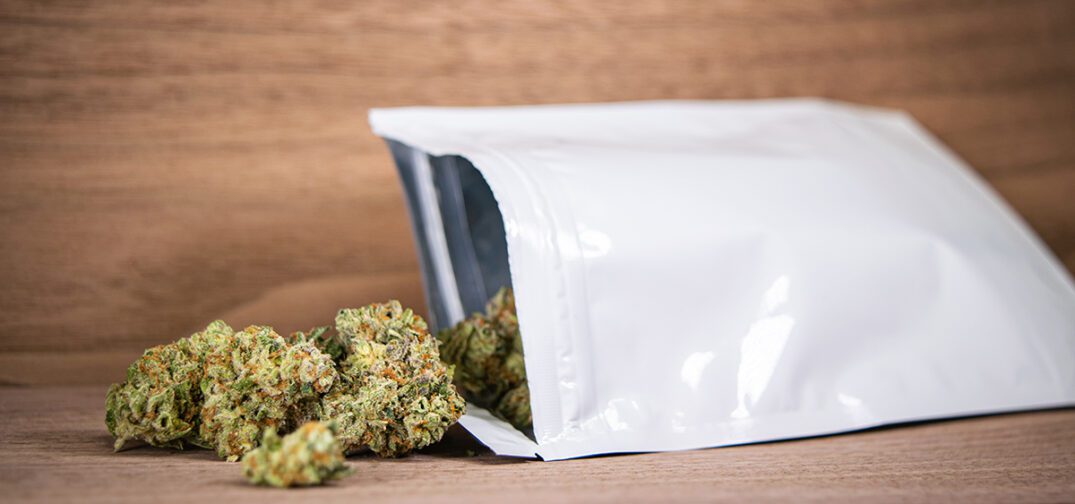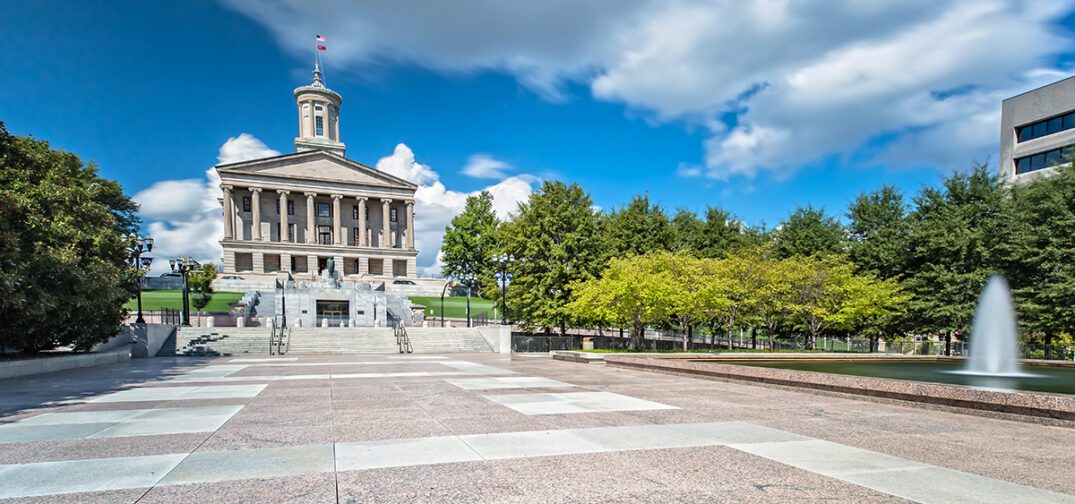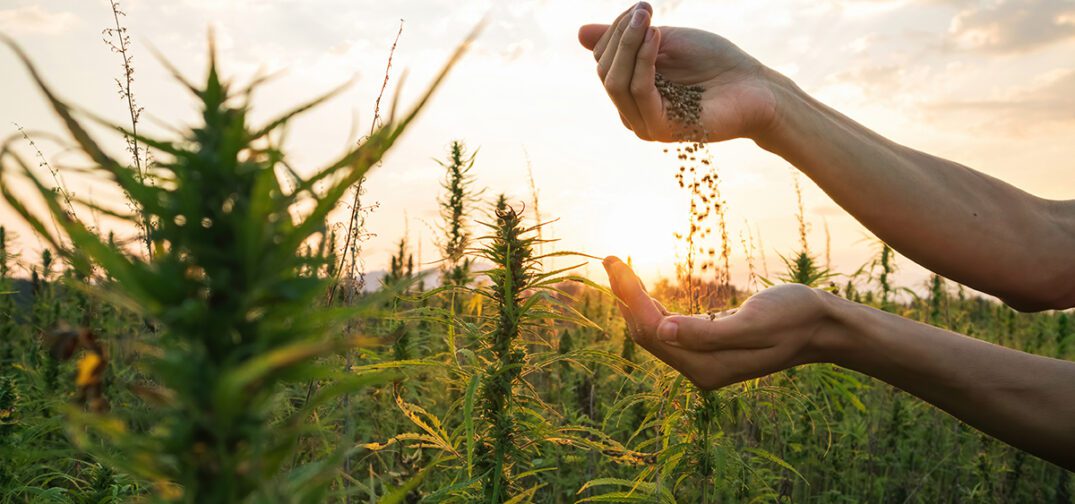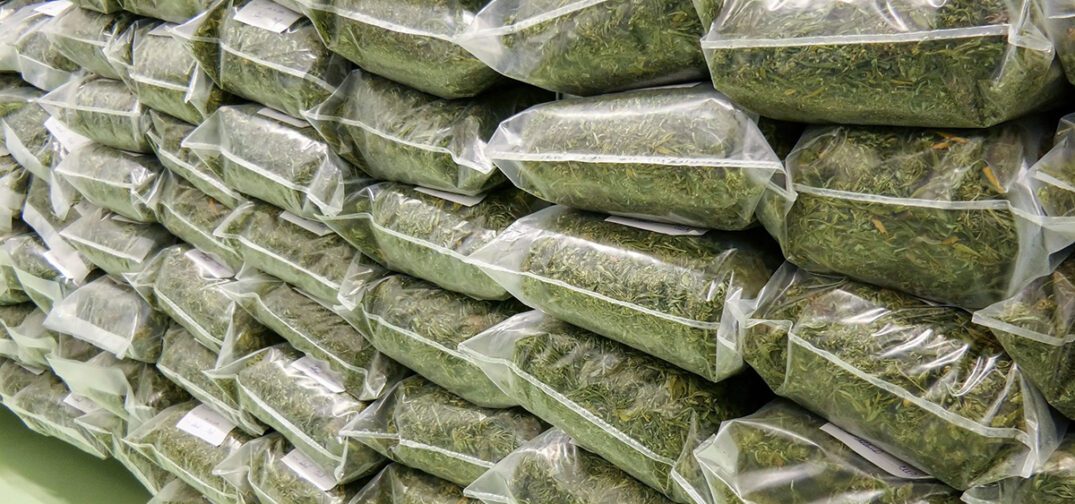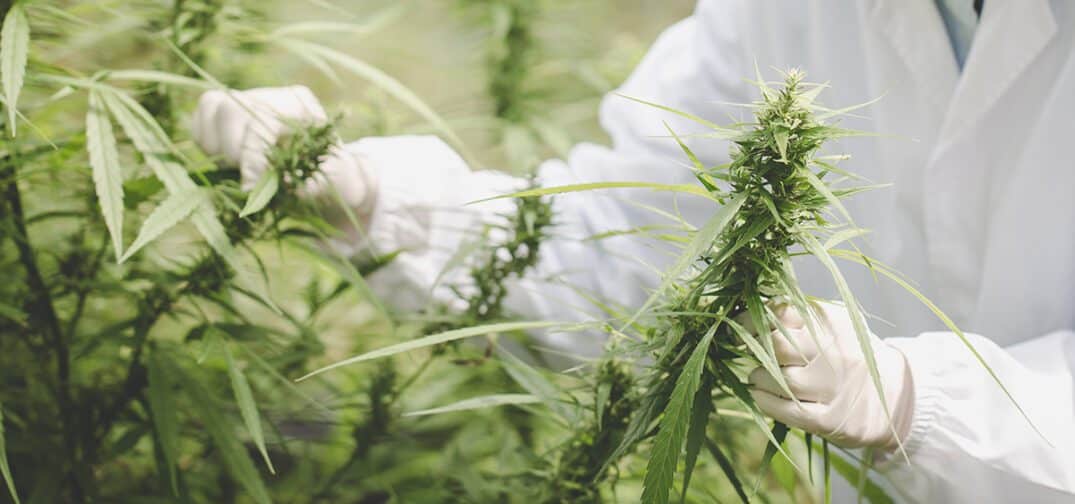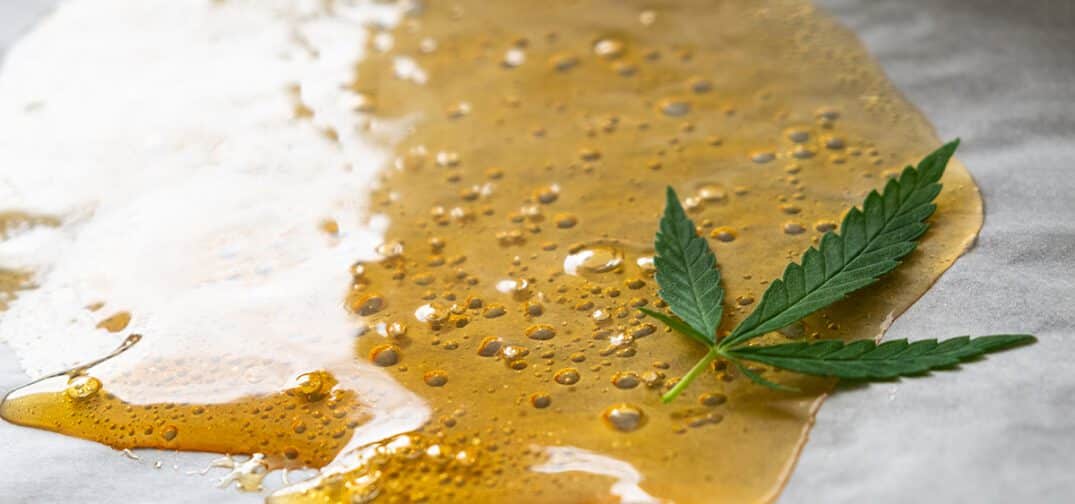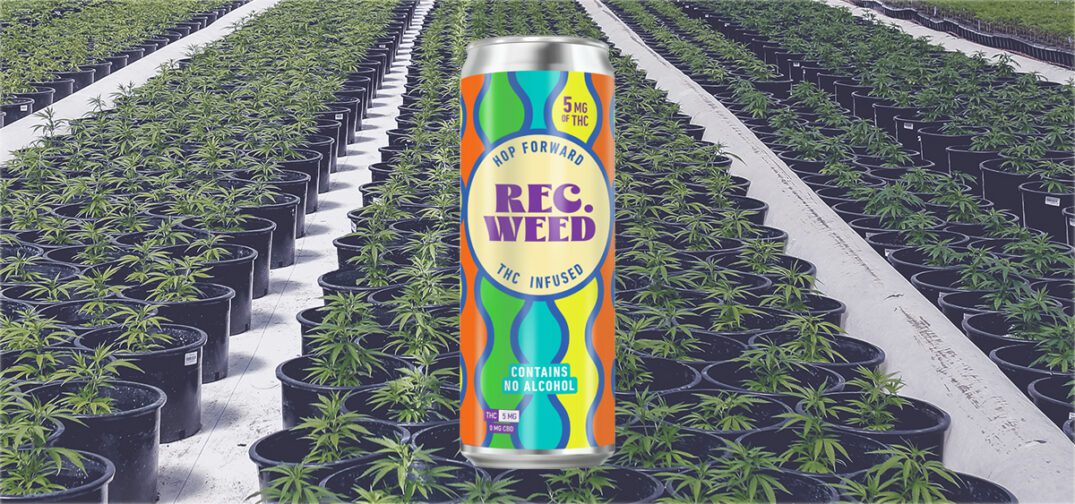Many companies are working to revolutionize cannabis edibles but California-based LastLeaf takes a particularly unique approach: rather than the usual snacks-oriented products, LastLeaf prioritizes infused comfort foods like macaroni and cheese, and plans to release an infused olive oil later this month.
In this written Q&A, LastLeaf’s CEO and Founder Keith Burkard shares his story about transitioning to the cannabis space, discusses the company’s prioritization of certain foods and consumer experiences, and explains LastLeaf’s research and development process. This interview also covers how the company processes consumer feedback, challenges encountered during the creation of its unique products, and more!
Scroll down for the full interview.
Ganjapreneur: What was your career path before launching LastLeaf, and why did you ultimately turn to cannabis infusions?
Keith Burkard: Prior to launching Last Leaf, I worked in the financial services industry in NYC alongside capital market structurers learning all dynamics of institutional finance with some very credentialed individuals. My main area of focus was team lead on multiple projects ensuring all financial transactions were executed and organized with all parties. Working in investment banking teaches you discipline and a deep understanding of the micro and macro global marketplace. When COVID hit, there was substantial risk as we all faced obstacles, and I wanted to take a step right to an ever evolving industry – Cannabis. The space is rich in opportunity but comes with very challenging obstacles and red tape to scale. We are slowly ramping up but understand the market is state by state.
Why focus on comfort foods with LastLeaf?
Comfort foods are the epicenter of cuisine in the United States and globally, but more so in the states. We want to focus on the highest ‘touch’ products in the kitchen to enhance and elevate the consumer experience. This is a key ingredient to our path to success.
Cannabis is a very complicated marketplace as it was initiated from black market initially. I am enjoying converting consumers to the new age of cannabis but understand it will take time, and trial and error.
What challenges are there in making infused comfort foods that you might not encounter with more common infusions like gummies, chocolates, and beverages?
The number one challenge to fusing together a deliciously tasty product is how to blend the THC and the main spices, oils and base ingredients. All of our products are rich in flavor and show no signs of chalky or THC aftertaste. Tinctures are also part of the process and we have focused more time in designing these as we progress in the product roll-out.
How does LastLeaf R&D a new product?
We start by putting down all the nutritional information at the base level and create multi-level scenarios and then test, test, test. The upside in using primary food group products is that we have FDA approved ingredients and decade long track records on blends and recipes which translates to easier science and final recipe books. I would say R&D is one of the most exciting pieces to LastLeaf. We are limitless in the products we can make, but need to make sure the market is ready to accept them.
Can home cooks of all levels follow LastLeaf cooking tutorials?
Yes! We make all of our products with the consumer in mind. In addition, our olive oil can be used in virtually all dishes known to the human species. Our goal is to have our products in the kitchen for all to use.
How has customer feedback been so far, and has it influenced LastLeaf’s direction?
The largest obstacle LastLeaf has faced is customer education and consumer habits. If the consumer’s default is gummies and chocolates they are inclined to stay on the same purchasing path unless aware of alternative products achieving the same result(s). We have nothing but exceptional reviews on the Mac N Cheese and are extremely excited to continue growth!
Where can people find LastLeaf mac and cheese? Do you have a release date for LastLeaf classic olive oil?
LastLeaf products can be found in California in the LA Metro area — a list of locations can be found on our website (lastleaf.com). We are finalizing the first batch of the olive oil and it is set to be released in late-March. There are great dispensaries that plan on carrying to support the launch.
What advice can you offer to entrepreneurs who are either just getting started in the cannabis space, or are perhaps transitioning into it from another industry?
The best piece of advice is to audit yourself as a person. Do you have strong personal discipline, routine and skin the game for your venture? It is extremely hard to go outside of the box and your daily comfort zone. I always tell entrepreneurs you need to have experience in chaotic situations to see how you will prevail. We can all get better day-by-day but instilling core values and work ethic is what it takes. With that being said you might be the hardest worker but the market is not ready for your product. You did not fail, it was just bad timing. So being able to bounce back is key at all times.
On transferring into a new sector here is my perspective. You only know what you know. I am a huge believer in learning from the ground up to know how things can be improved/streamlined and how employees might slack off or cut corners. We all have to clean the house as it is what it represents you and your company. Learn, learn, learn the internet is FREE, use it and watch videos and read articles on other entrepreneurs on the do’s and don’ts. Finally, ask questions and call people in the industry, a phone call is free and the knowledge is invaluable to you and your endeavor.
Thanks, Keith, for answering our questions! Readers can visit LastLeaf.com to learn more or get in touch.
